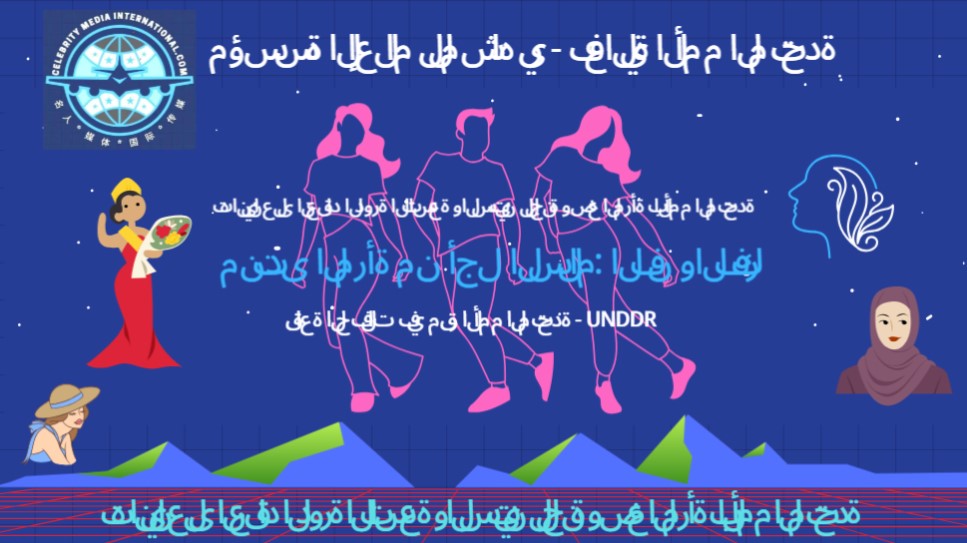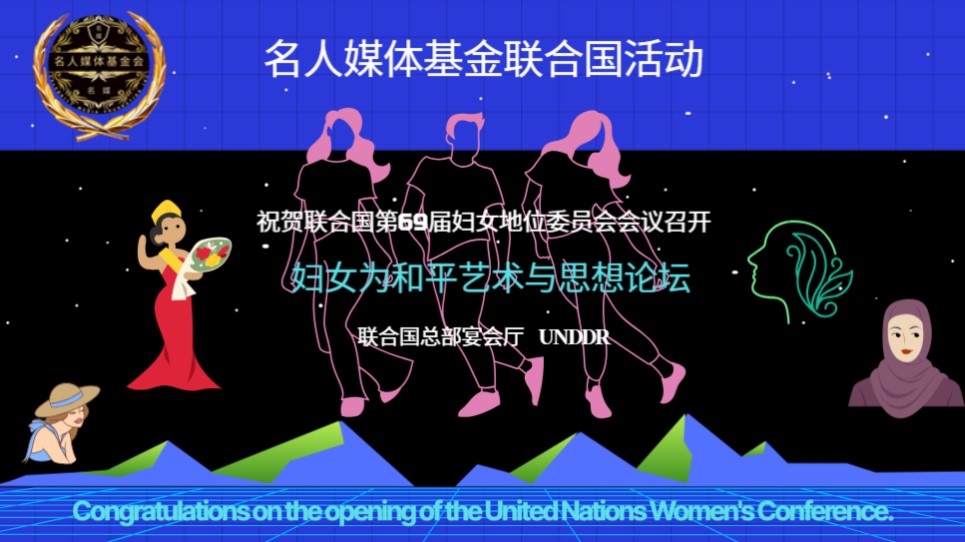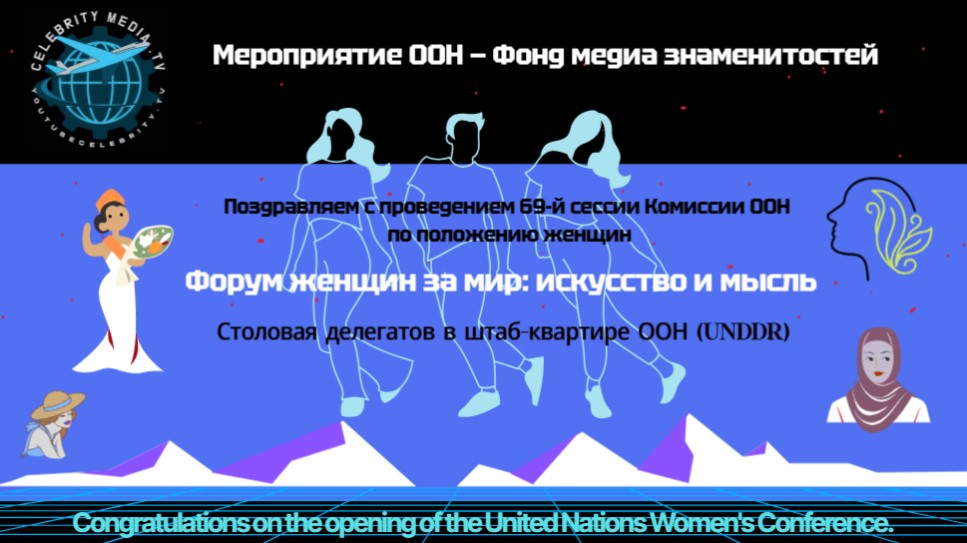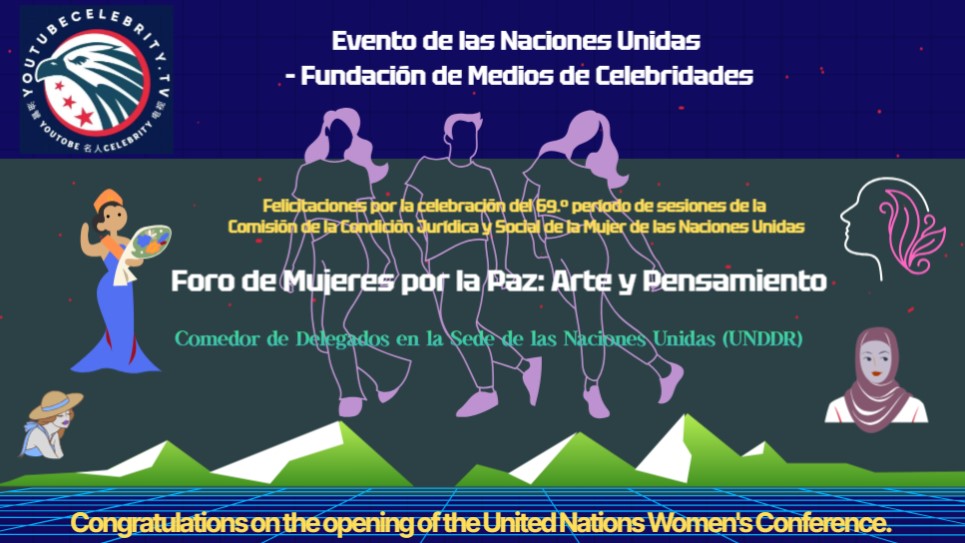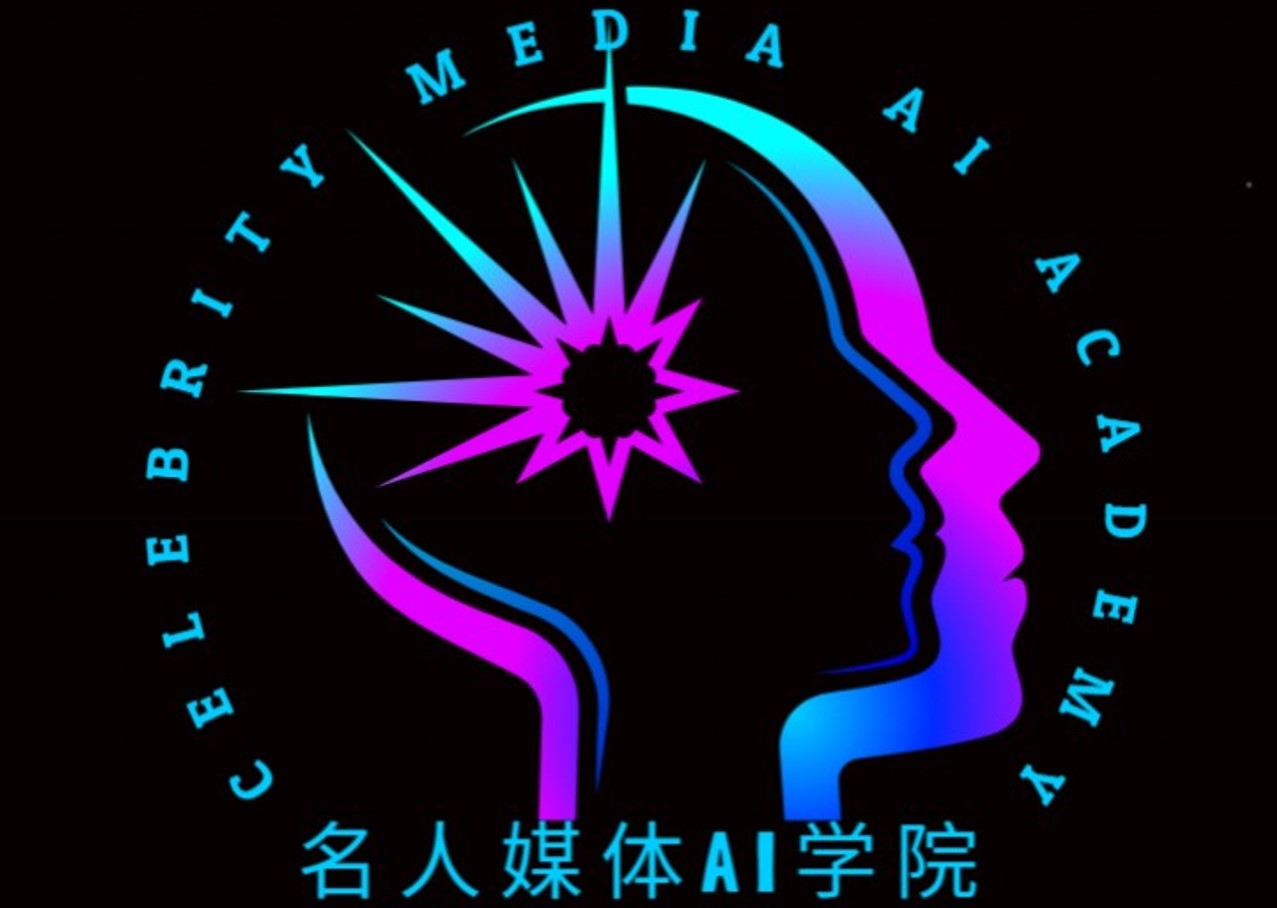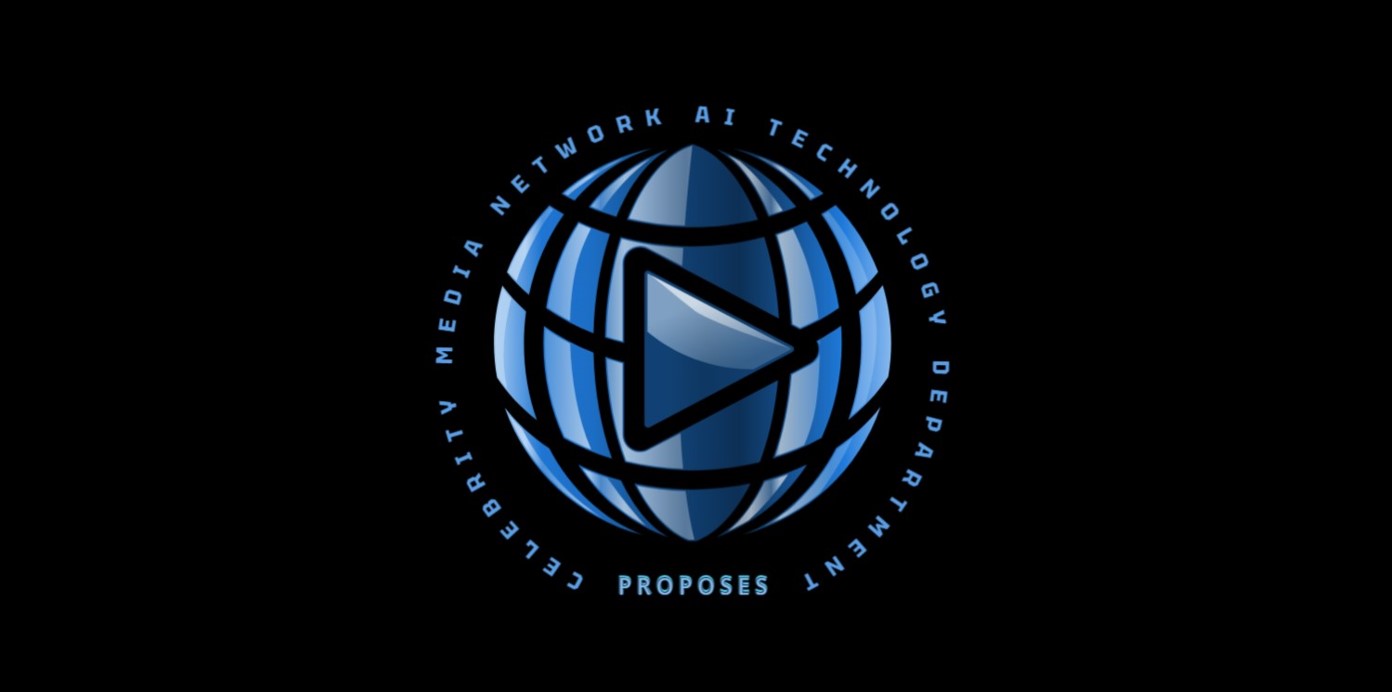
Dear Secretary-General, distinguished United Nations officials, and permanent representatives of nations to the United Nations:
In this era of rapid advancement in artificial intelligence technology, we, the Celebrity Media Network AI Technology Department, propose the establishment of a dedicated AI regulatory body or expert committee at the United Nations. As AI technology becomes increasingly widespread and globally implemented, we have not only witnessed its vast potential to drive economic and social progress but also face unprecedented ethical, legal, and societal challenges.
Positive Impacts and Potential Risks of AI
AI technology has demonstrated its transformative capabilities in various fields, such as improving the quality of medical services through efficient data processing and optimizing energy management and waste reduction through intelligent algorithms. The Celebrity Media Foundation and the Celebrity Media Alliance have utilized robotics to broadcast news in the six official UN languages, showcasing AI’s unique value in facilitating international information exchange and cultural interaction. However, the use of this technology has also raised serious concerns regarding the accuracy of information, privacy protection, algorithmic transparency, and the precision of robotic translations.
Concerningly, the misuse of AI has already triggered widespread alarm globally, especially in military and security contexts. Recently, UN Secretary-General Guterres, in his statement regarding the severe humanitarian crisis in Gaza amid the Israeli-Palestinian conflict, specifically mentioned the Israeli military's use of AI for target recognition. The Secretary-General emphasized that life-or-death decisions should not be left to indifferent algorithms and that AI should be a force for justice, not a tool for war and blurring accountability. He also noted that the information war has exacerbated trauma, and Israel's refusal to allow journalists into Gaza has led to the spread of misinformation.
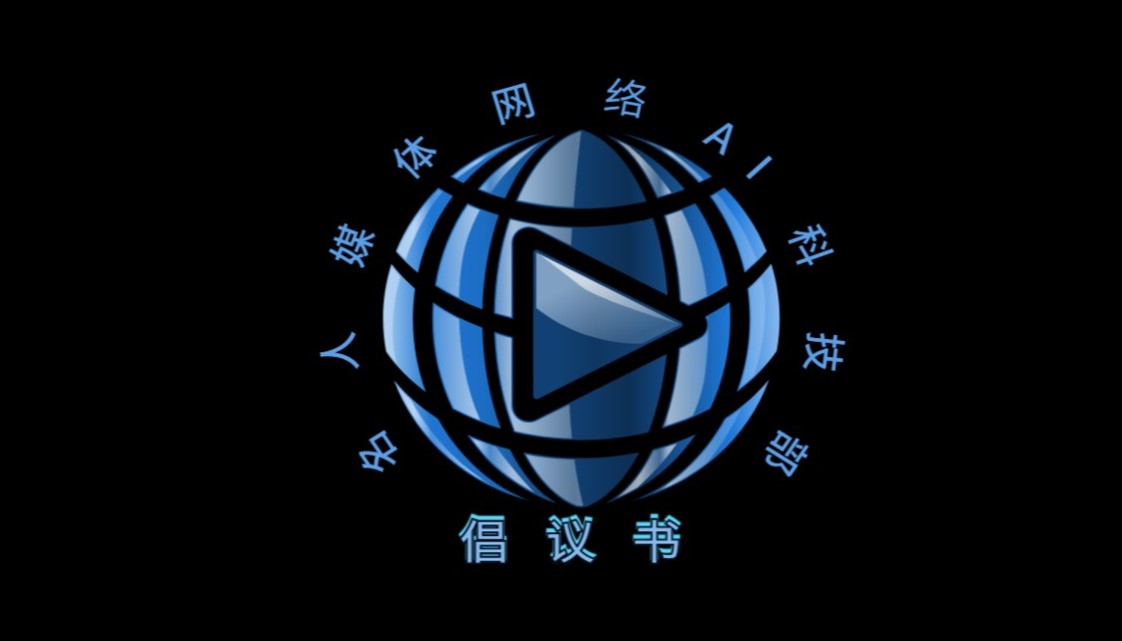
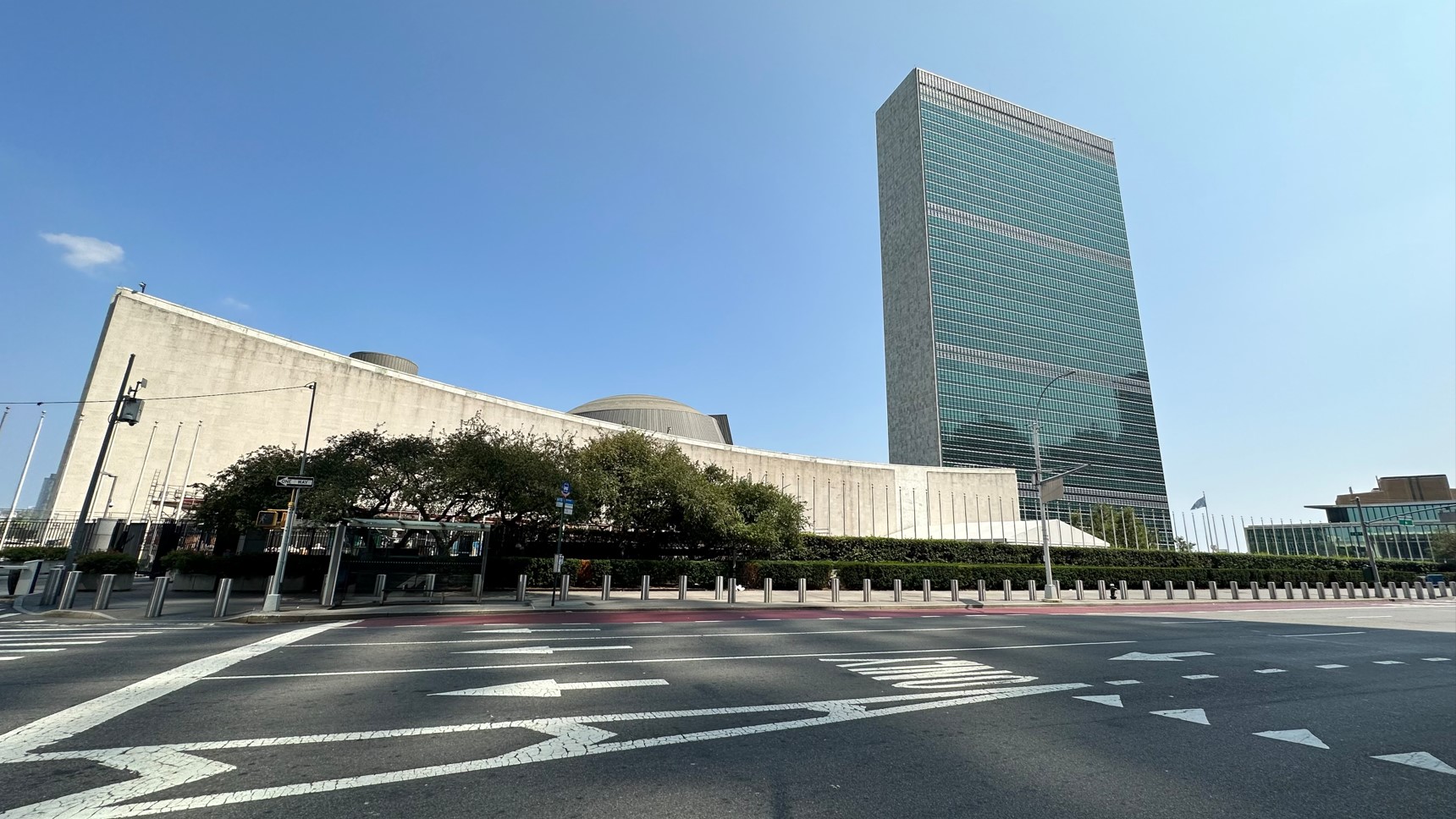
Urgency of Establishing a Global AI Regulatory Body
Although existing UN agencies such as UNESCO, the International Telecommunication Union, and the World Intellectual Property Organization are developing policies and standards for the ethical use of AI, the rapid development of AI technology and the lack of unified legal regulations among nations urgently necessitate a globally recognized regulatory body to oversee and coordinate management mechanisms.
Moreover, in October 2023, Secretary-General António Guterres launched an AI advisory body to study the risks, opportunities, and international governance of these technologies.
We believe the rapid development of AI technology has outpaced traditional regulations and national boundaries, and its impact on the global economy, society, politics, and ethics is increasingly significant. While existing UN agencies and the newly established advisory body are working to develop relevant ethical usage policies and standards, the complexity and evolving nature of AI technology mean these policies and standards need continuous updating and broad international coordination.
Additionally, the application of AI technology spans various industries and fields, including but not limited to healthcare, education, finance, and security, where legal regulations vary significantly among countries. Without a unified global regulatory body, it is challenging to effectively monitor and manage the use of AI technology and address transnational legal and ethical issues.
Furthermore, the improper use or abuse of AI technology could lead to severe societal problems and security threats, such as privacy violations, the spread of fake news, and the development of automated weaponry. A global AI regulatory body could provide a platform for managing these risks through international coordination and response.
In 2023, the United Nations Secretary-General António Guterres's initiative to launch an AI advisory body, focusing on the risks, opportunities, and international governance of these technologies, underscores the increasing global concern for AI technology regulation and the pressing need to establish a global regulatory body. Moreover, a UN-established regulatory body would be the only institution with true global representation.
For a global AI management body or expert committee, clearly defining its responsibilities is crucial for effective global coordination and management. Here are some specific ideas from our Celebrity Media Network AI Technology Department:
1. Develop Global AI Application Ethical Guidelines and Standards:
- Develop and promote a set of global AI ethical norms that accommodate cultural diversity and international acceptability, ensuring uniformity and transparency in AI applications worldwide.
- Set technical and operational standards, including privacy protection, data security, and algorithmic transparency, and ensure that the development and application of these technologies do not infringe on human rights or cause injustice.
- Regularly update standards to adapt to the rapidly changing technological environment and address emerging ethical issues and challenges.
2. Promote Technology Transfer, Data Sharing, and Education Training:
- Establish a global framework to support and facilitate the transfer of advanced AI technology and knowledge, especially to low-income countries and regions.
- Create data-sharing policies that support cross-border data flows while ensuring compliance with national laws on data privacy and security.
- Develop and promote AI education and training programs to ensure that the global workforce can adapt to changes brought by AI and effectively use these technologies to promote socio-economic development.
3. Regulate and Assess the Social Impact of AI Technology:
- Implement a comprehensive evaluation system to monitor the impact of AI technology in various social sectors, particularly its potential effects on social inequality and public safety.
- Establish necessary regulatory bodies to ensure that the outcomes of AI applications meet established social
and ethical standards and promptly correct any technological applications that may lead to injustice or other negative societal consequences.
- Conduct public education and awareness campaigns to enhance societal understanding of the potential impacts of AI technology, thereby better informing policy making and response measures.
4. Provide a Platform for Discussing and Resolving Cross-National AI Application Issues:
- Establish an international forum or platform that allows countries to share experiences, discuss issues, and jointly address challenges in global AI applications.
- Facilitate international cooperation, including through joint research projects, policy-making collaboration, and the synchronization of technical standards.
- Organize regular meetings and workshops to involve policymakers, technology experts, and the public in the global AI governance dialogue, enhancing the effectiveness of multilateralism and global collaboration.
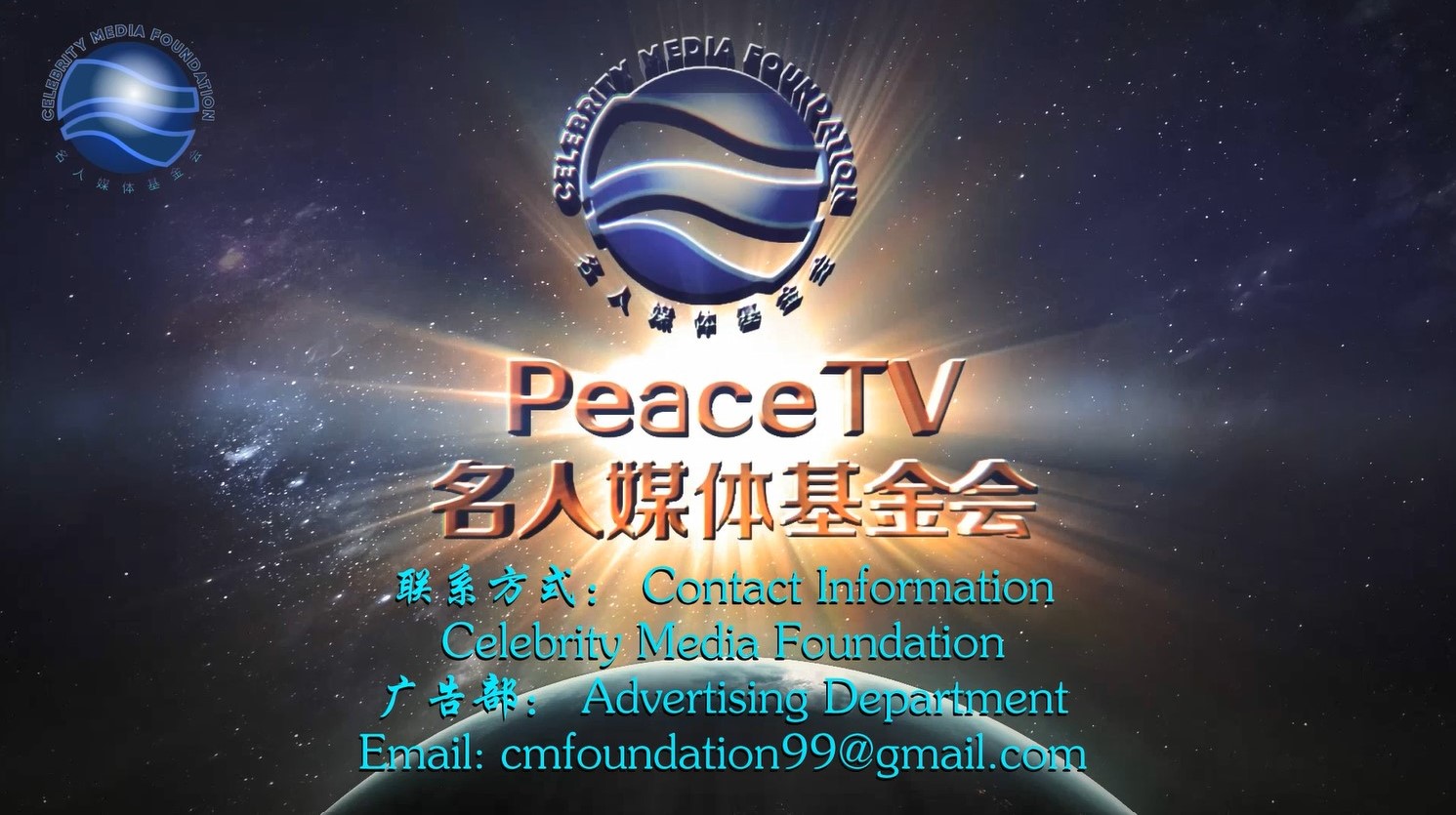
We are eager and hopeful to see the United Nations lead and take action in this critical area. By establishing such a regulatory body, not only can the potential harms of AI technology be averted, but it can also be ensured that it serves as a force for global justice and the betterment of humanity.
We look forward to the active response from governments, international organizations, and experts in the AI field to jointly promote this important initiative.
